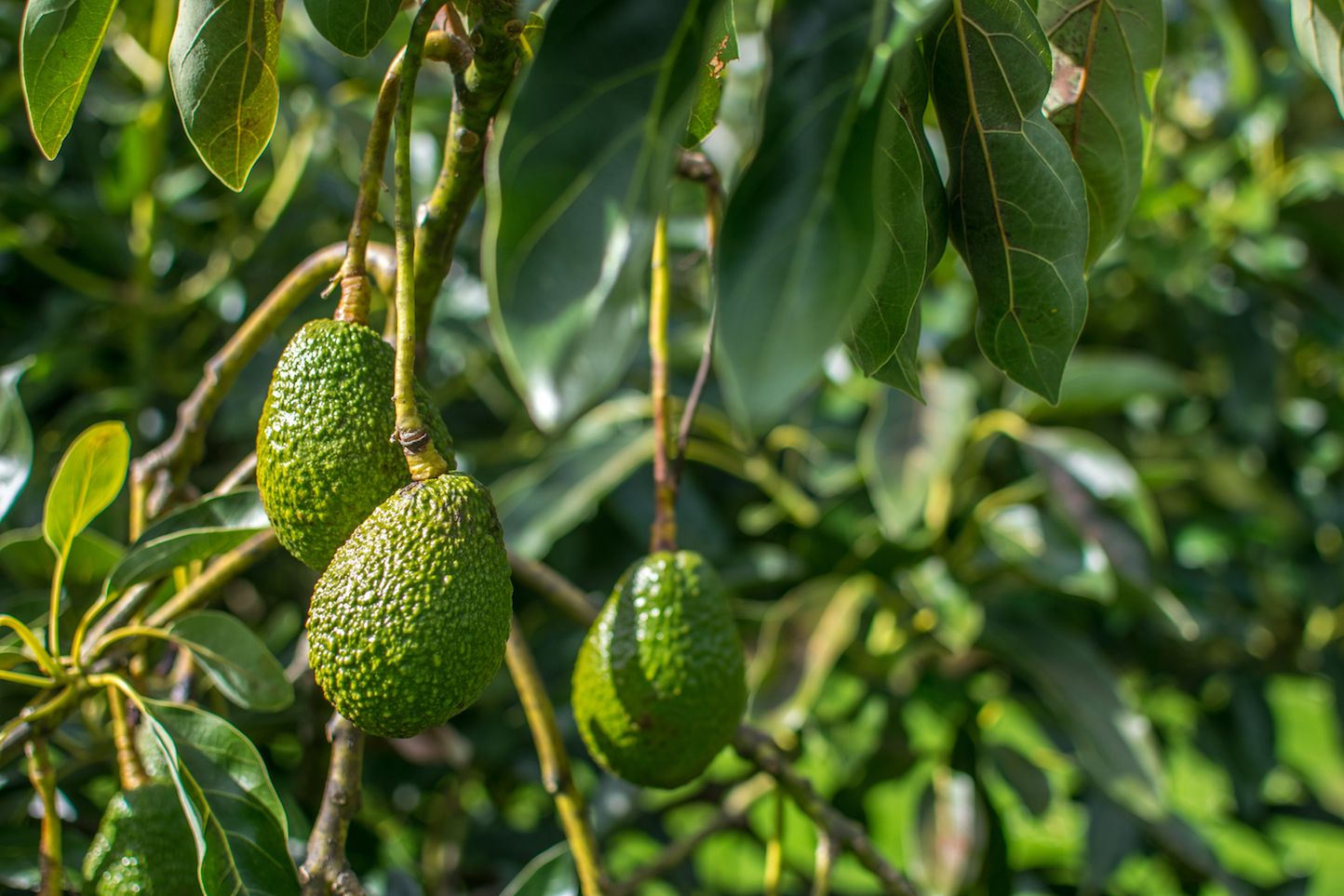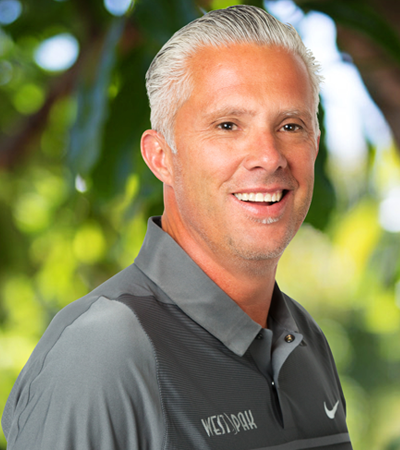
West Pak Avocado grows, cultivates, and delivers seasonal fruit from ranches throughout California to many avo-hungry customers in both foodservice and retail. It takes a dedicated team and many hours of patiently tending the orchards and harvesting at the optimum time to keep the supply of local green goodness flowing in to meet the demand.
An avid avo expert and 28-year West Pak veteran, California’s Northern Field Manager Mike Harberson shares his experience in the field, below:

What is your role with West Pak’s Field Team?
Mike: My work with growers in the Ventura and Santa Barbara regions is much deeper than just procuring fruit for West Pak. It’s all about communication and cultivating long-term relationships, even friendships, with our growers and grower partners. In addition to arranging and overseeing harvest labor, I provide valuable market intelligence, free cultural advice, and keep growers abreast of both threats and opportunities. That line of communication is essential to the relationship and the quality of the harvest each year.
It’s now California Avocado season; please explain West Pak’s local seed to store journey.
Mike: Growers begin to place their beehives into the groves as spring approaches, and the tree starts to flower. When the flower is pollinated, the fruit begins to grow and continues throughout that year until it has a high enough dry matter percentage and the maturity to be harvested. This happens as early as the following late winter/early spring and throughout the summer.
When the fruit is ready for harvest, I arrange harvest labor and have one of our boom truck drivers deliver empty bins to the ranch. Once the fruit is collected into the bins, our boom truck driver picks up the fruit from the ranch and delivers it to our local cooling facility. Early the next morning our team sends a long-haul truck and trailer from our fleet in Murrieta to pick up the previous day’s harvest. The fruit is kept in the truck’s covered reefer unit to keep the temperature a consistent 40 degrees. The fruit is delivered to the packinghouse in Murrieta where it’s placed into the cooler to maintain the cold chain. The fruit is then sorted, labeled, packed, and delivered as quickly as possible to our customers using our CARB clean fleet of dedicated trucks.
What areas does West Pak service in California?
Mike: In the north, we cover San Luis Obispo, Santa Barbara, Ventura, and Los Angeles counties while our Southern Field Team serves growers in Orange, Riverside, and San Diego counties.
How does the field team work with growers to ensure quality pack-out each season for its customers?
Mike: As field reps, we get out into the orchards when the pick is happening. That’s where the quality assurance starts. We work closely with the contractor and harvesting crews, monitoring the process to ensure they are picking quality, marketable fruit and are adhering to our strict food safety guidelines every step of the way.
How does West Pak achieve being a farm to store supplier?
Mike: It’s all about the quality and providing the freshest possible fruit to our customers. The quicker the fruit is picked, sorted, packed, and sold, the fresher it is for our customers. That’s why we start the QC at the farm and go from grove to packinghouse within 48 hours and out to stores or foodservice immediately after. And the entire way we ensure a proper cold chain for the ultimate freshness.
How can interested growers get in touch with West Pak’s field team?
Mike: If a grower would like to hear more about West Pak, they can call (951) 296-5757. They can ask for Maria or Margie so they can get you in touch with one of West Pak’s field representatives. They can also access our website and, after receiving their password, can communicate with the field administrative staff via live texting on dedicated mobile devices.
How is the California crop for 2019?
Mike: The current crop is one of the lightest in recent years due mainly to a heat spell that reached 120 degrees in some of the inland growing areas. However, with mostly above average rainfall this past winter, and a light crop on the trees, the size of the fruit this season is larger than the past few seasons.
What are the expectations for 2020?
Mike: Between the above average rainfall this past season and a solid bloom in most areas, I believe the 2020 season will be very strong with top quality fruit and high yields throughout California avocado groves. It’s a good thing because there is a huge worldwide demand for premium California avocados. We look forward to feeding that demand in 2020 and doing so with reasonable pricing.
Tell us a little more about yourself. Besides avocados, what are some of your other passions?
Mike: I enjoy spending time with my family. I share a passion for surfing, hiking, backpacking, and working on cars with my son. Life is good here in the golden state!






